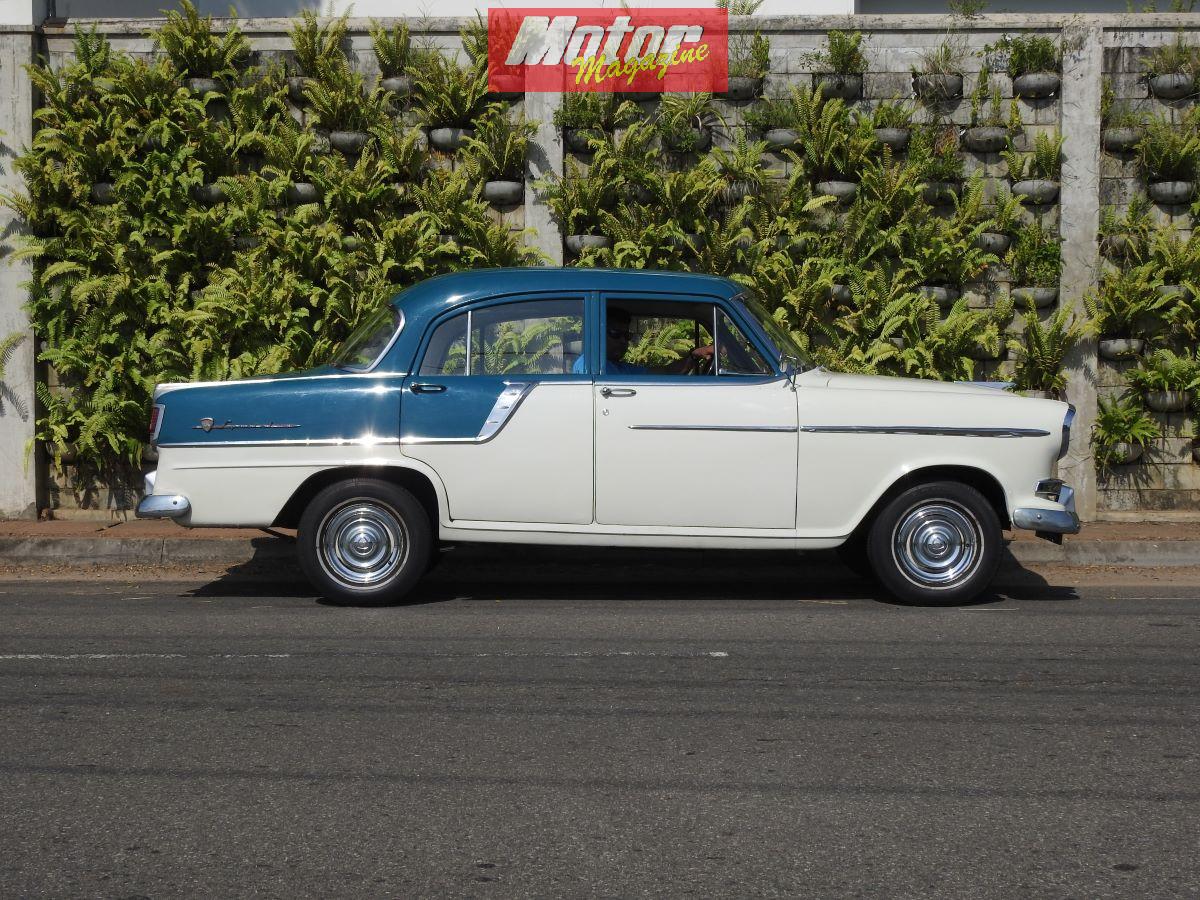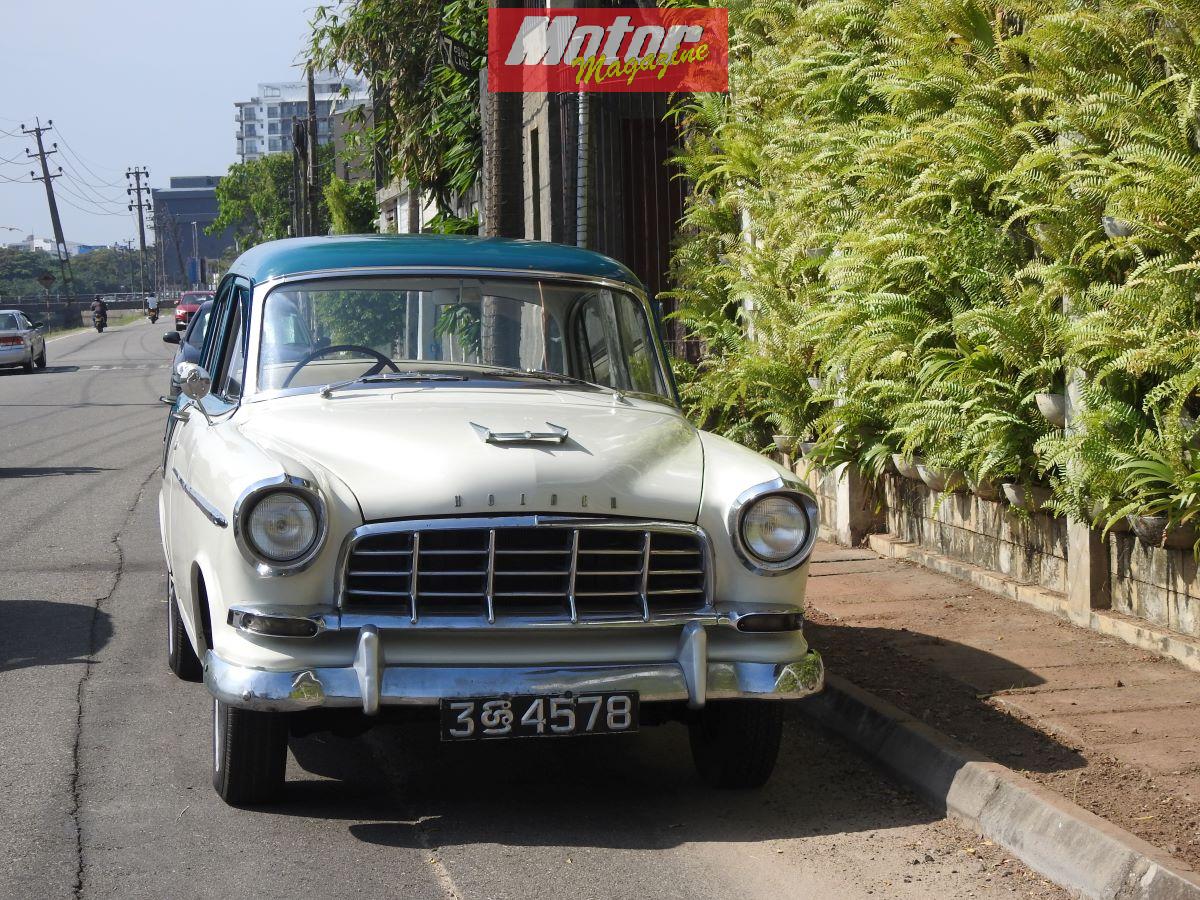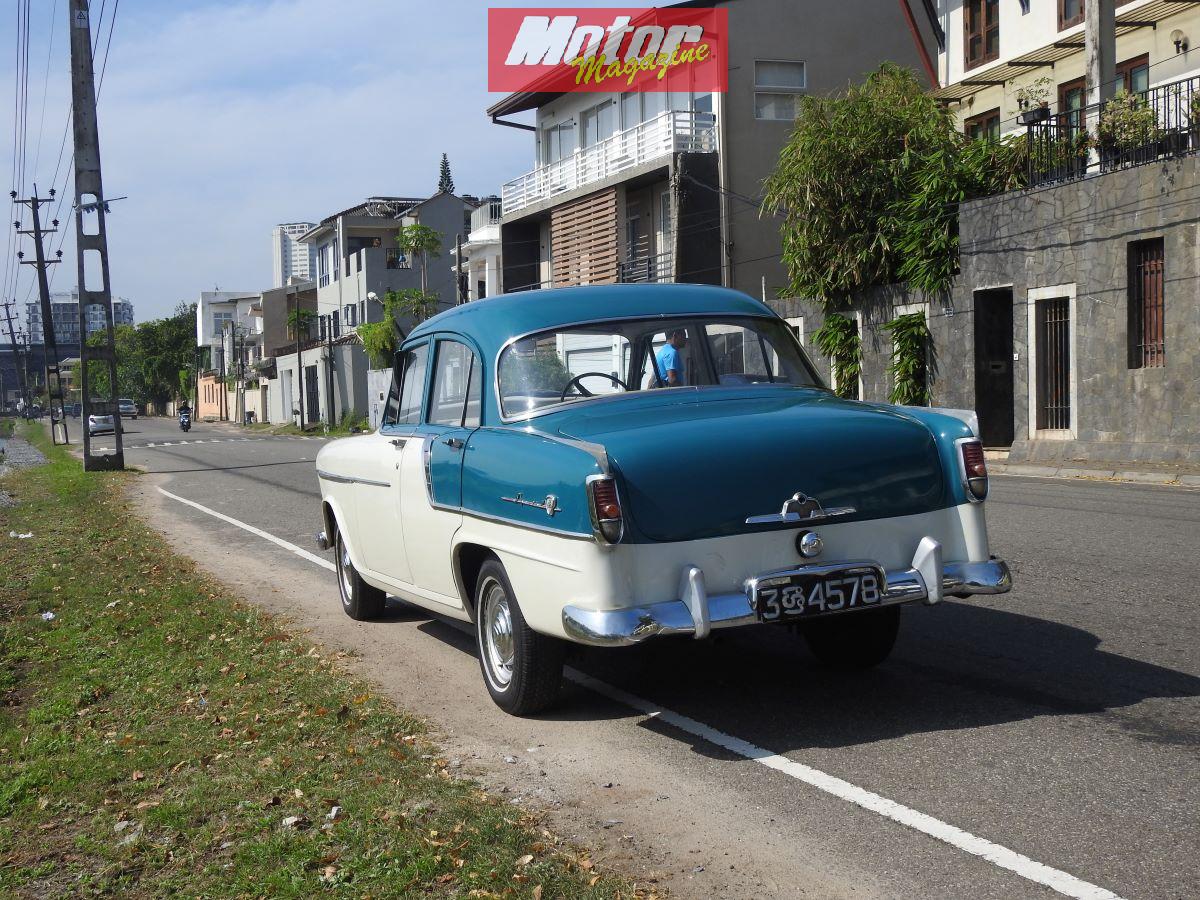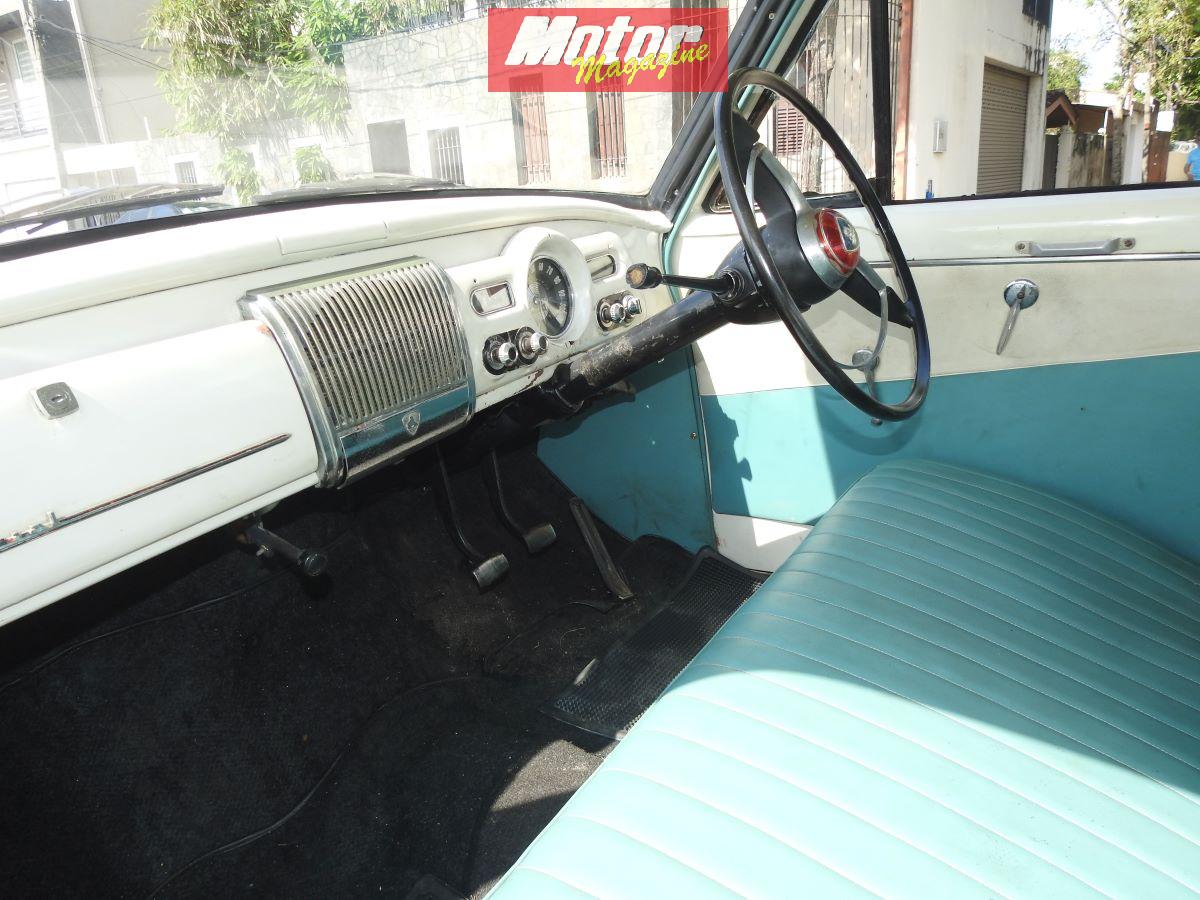Holden is definitely Australia’s most well-known automaker, even though it sadly isn’t around anymore. The company’s history dates back to 1856, when James Alexander Holden founded it, to make saddles for horses. By 1898, Holden was making automobiles, and the company became a General Motors subsidiary in 1931. This iconic automaker became defunct on 1st January 2021. Holden may not have gained a significant foothold in Sri Lanka, but you’d be surprised at the brand’s recognition among elders; I’m sure many of our parents or grandparents will have spoken about Holdens in the country or even owned one.




The car
we have on feature today is a 1959 Holden FC Special. The FC was made between
1959 and 1960 – now isn’t that a short production run? Yes, but if you look at
American automotive history from the period, most nameplates from GM and Ford
had very short generation cycles, or entire lifecycles. Remember that Holden
was under GM at this point. The FC took over from the FE, and just three model
years later, it was relieved by the FB. Curious indeed, that the letters seemed
to be going backward, rather than forward as time marched on.
This particular FC is a Special, and is under the custody of Shalike Ganewatte. Shalike is the third owner of 3 Sri 4578, and the car underwent a ground-up restoration. He says that the restoration effort took him over one and a half years, and was quite an endeavour, since, naturally, parts aren’t easy to come by for a 60+-year-old classic from a defunct manufacturer. I’m sure many classic car fans around the country can relate.
The
styling of the FC is very reminiscent of Fifties Chevrolets because, well, GM!
Even the car’s blue and white two-tone theme is very representative of
automotive colour trends in the United States at the time. 3 Sri 4578 proudly
presents herself with chrome bumpers and plenty of chrome trim, once again,
American automotive hallmarks.
The FC was classed as midsize in its heyday, but the way that cars have grown over the decades, this thing would be more like a compact today. Climbing into the cabin to take photos of the interior, I discover, once again, a two-tone, blue-and-white theme that looks very nautical. Front and rear passengers sit upon bench seats, and I’m sure that three up front would have been the ‘done thing’ way back then, when seat belts were optional (this car doesn’t even have them), and safety wasn’t as much a byword then, as it is now. There’s enough room for average-sized adults to travel in this car, and rear-seat passengers can avail themselves to an ash tray mounted in the back of the front bench. Yes, these were the days when smoking in cars was commonplace.
Power
for the Holden FC comes from an in-line six-cylinder engine that displaces 2.2
litres and is fed by a single carburettor. After all, the FC wasn’t built to be
a performance machine but serve as a reliable, dependable and frugal family
hauler. Research tells me that the engine is the same unit that was used in the
FE, but with some tweaks for improved torque delivery. It’s claimed to make 72
horsepower and powers the rear wheels via a 3-speed manual transmission.
Curiously,
the FC was not only made as a four-door sedan but could be purchased in station
wagon and panel van forms. There was even a Ute variant, as being Australia,
the land of the Ute, this would no doubt have been compulsory for any
self-respecting Australian manufacturer. Production figures are reported to be
in excess of 191,000 which is quite healthy for a car with a model cycle of
just three years. We don’t know how many came to Sri Lanka, but this car is
definitely in exclusive company – it might just be the only one running in the
country! Who knows…





